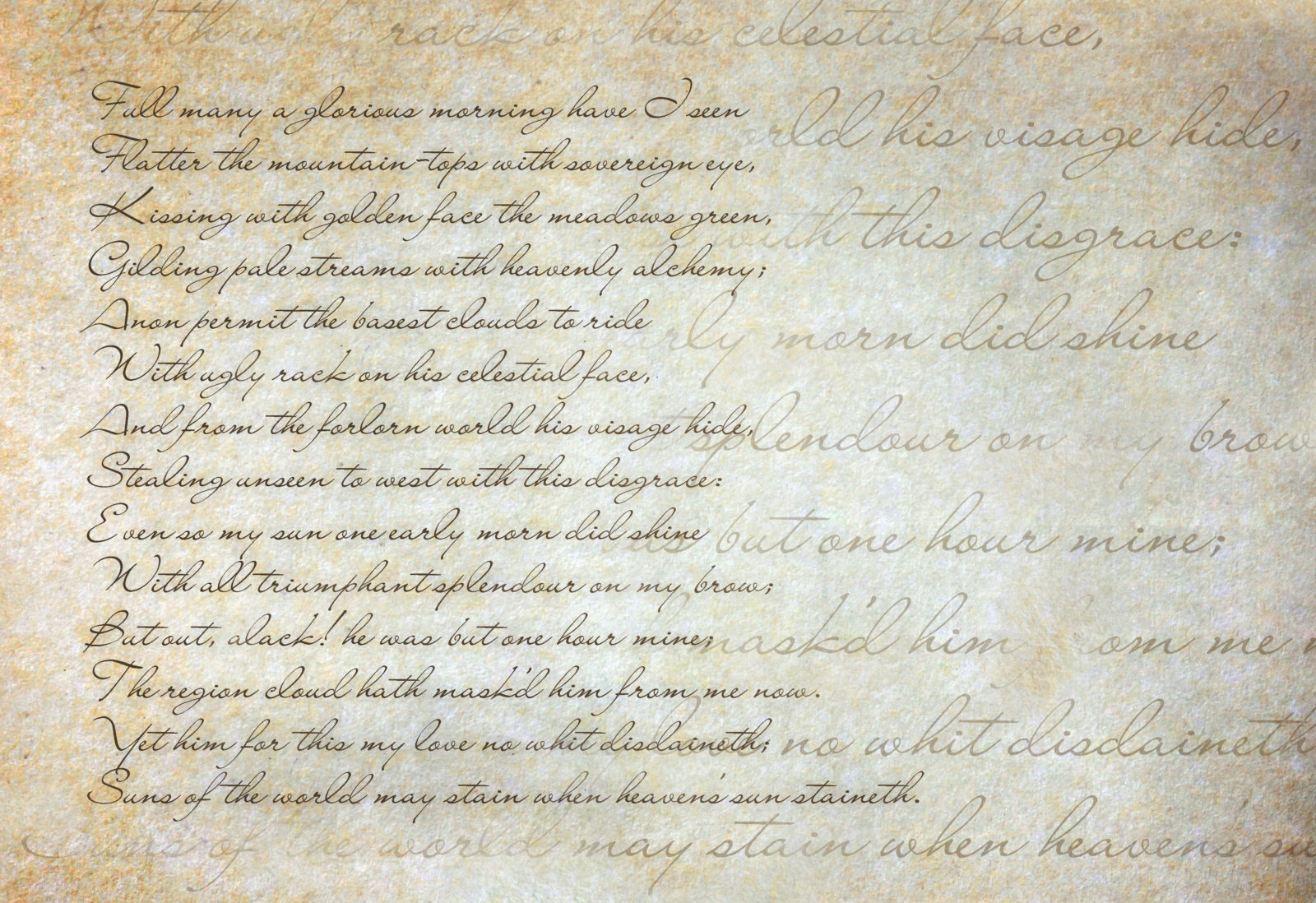
The Most Ridiculous Objection to The Design Inference
Mathematician and philosopher William Dembski discusses the most ridiculous objection to the original edition of his landmark book The Design Inference, which explored how we can detect intelligent design. A new expanded edition of the book has now been released, co-authored with computer scientist Winston Ewert. Find out more at https://www.discovery.org/b/the-desig….






